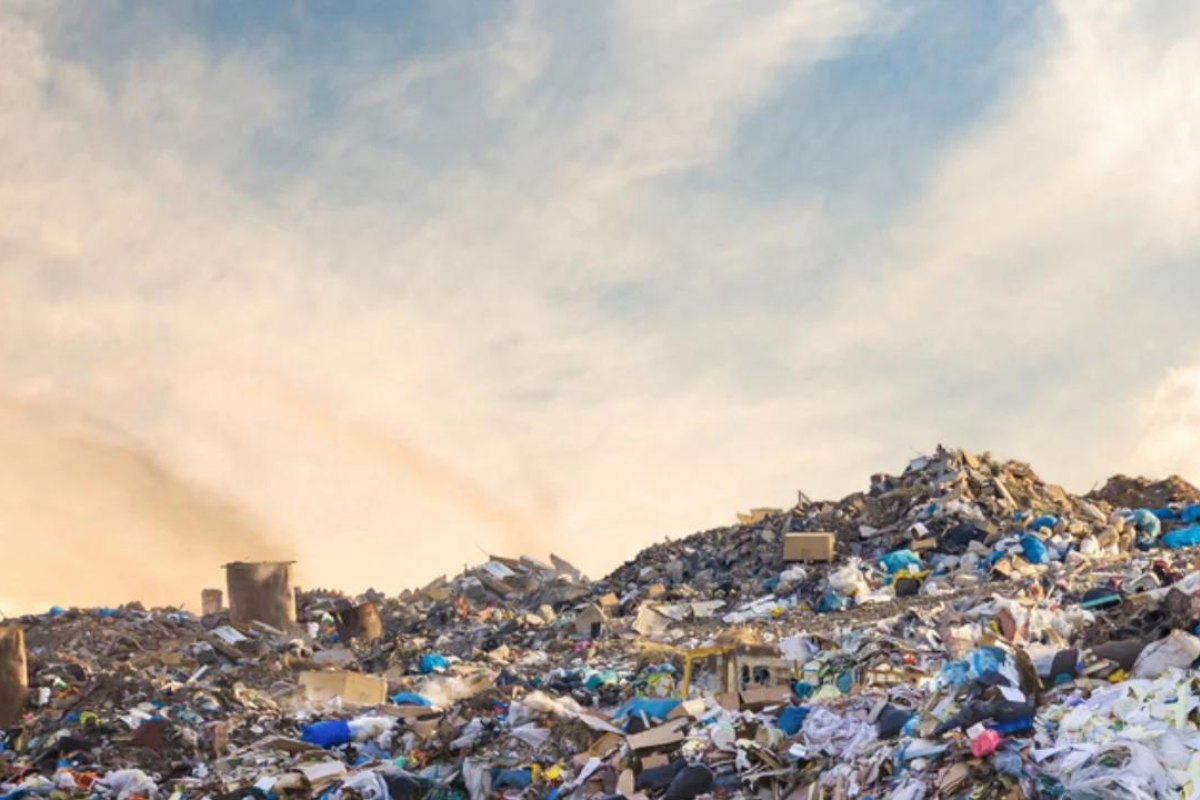Recycling is crucial for developing nations because it helps with resource conservation, economic expansion, sustainability, and better waste management—all of which help these nations move towards sustainable development and a more liveable environment.
Solid waste management is an important and essential work for any country. Solid waste management is also one of the most difficult, complex, time-consuming, and challenging duties for the urban areas of the world.
What is meant by solid waste
Therefore, when a solid (or semi-solid) substance is thrown after losing its value to the producers, it is typically regarded as solid waste. Solid waste is an inevitable outcome of commercial and industrial operations, as well as of humans and animals. It refers to the material and/or energy loss that the waste producers have already paid for. It includes solid and semi-solid waste products produced by residential, commercial, and industrial buildings and operations, such as water and wastewater treatment facilities, air pollution control devices, mining, and agricultural activities. The types and quantities of solid waste generated in various nations vary depending on factors such as geographical location, climate, level of industrialization, resources available, socioeconomic status, consumer behavior, and customs related to religion.
The most common methods of waste disposal in developing countries: –
Open dumping is the most common technique for the disposal of waste in developing countries. Open dumping involves the unregulated disposal of waste in open areas, often without proper waste management infrastructure or environmental controls. There are various reasons why this approach is common:
The most common methods used for waste management and disposal in developing countries, with several negative effects on the environment and human health. All waste divisions, including municipal waste, HW, C&D trash, used tyres, used batteries, and industrial waste, are examples of such unsustainable practices. They all transmit certain pollutant concentrations in soil, water, and air in the environment.
Waste collectors are employed at these locations to gather recyclables for sale in nearby marketplaces. Though this informal practice allows for decreasing the amounts of waste inflow into water bodies and open dumps, it is also a hazardous activity that improves health and occupational risks.
The challenges of sustainable recycling of municipal solid waste in developing countries
There are a number of challenges to the sustainable recycling of municipal solid waste (MSW) in developing nations, and most of them are different from those faced by the more developed nations. It may be more difficult to create and manage efficient recycling programs as a result of these challenges. Among the main difficulties are:
Absence of Infrastructure: Developing nations frequently lack the facilities required for recycling, trash sorting, and collection. This includes the lack of transportation infrastructure, garbage processing facilities, and recycling centers.
Limited Financial Resources: Municipal governments in developing countries may only have a small amount of money to spend on recycling initiatives and waste management facilities. This may make it more difficult to build and maintain recycling facilities.
Insufficient Collection Systems: Insufficient or irregular garbage collection systems can produce mixed garbage, which makes recycling more difficult. Recycled materials and non-recyclable materials cannot be separated at the source due to inadequate transportation and collection services.
Informal Waste Sector: The informal sector often plays a significant role in waste management in developing countries. Although this can aid in recycling, it also results in garbage pickers working in uncontrolled and occasionally dangerous conditions.
Lack of Public Awareness: Recycling activities may be affected by a lack of education and public knowledge of the advantages of recycling as well as the effects incorrect garbage disposal has on the environment. It’s possible that many people lack the motivation to engage in recycling initiatives.
To address these challenges and promote sustainable recycling in developing countries, it is essential to focus on creating infrastructure, increasing public awareness, enhancing garbage collection and separation procedures, and promoting cooperation between governments, non-governmental organizations, and the business sector. These challenges may also be addressed and more successful and long-lasting recycling programs can be established with the aid of encouraging laws and regulations, investments in recycling technology, and research.
Important strategies and factors to take into account for the sustainable recycling of MSW in developing nations:
In developing countries, recycling municipal solid waste (MSW) sustainably is crucial for a number of reasons, including public health, resource conservation, and environmental preservation. Even so, in contrast to developed countries, it presents particular opportunities and problems. The following are some important strategies and factors to take into account for the sustainable recycling of MSW in developing nations:
Public Awareness and Education: The effects of inappropriate garbage disposal on the environment might not be widely understood in developing countries. So, it is essential to launch campaigns to inform everyone of the values of recycling and separating waste.
Collection and separation: It is essential to have effective facilities for collecting garbage and separating it at the source or in centralized areas. By doing this, it is possible to prevent the mixing of recyclable and non-recyclable materials.
Infrastructure Investment: developing countries may need to make infrastructure investments for recycling and trash collecting. Sanitary landfills, recycling facilities, and garbage collection vehicles fall under this category.
Rules and Policies of the Government: Implement rules and guidelines for recycling and garbage management. This involves establishing goals for trash minimization, recycling rates, and disposal that respects the environment.
Reward Schemes: Implementing set-up reward programs, such as deposit-refund schemes for cans and bottles, can motivate individuals to return recyclables and cut down on trash.
Formalizing the Informal Sector: Informal garbage collectors perform a large amount of recycling in many developing nations. Recycling rates and working conditions for these people can be enhanced by formalizing and supporting this industry.
In developing countries, sustainable recycling is a complicated and dynamic process that necessitates dedication, financial support, and a multi-stakeholder strategy. Despite these difficulties, there are still chances to improve the environment, provide employment, and advance a circular and more sustainable economy.
- About the Author
- Latest Posts
A passionate advocate for all natural and sustainable ideas. With a background in sustainable economics science and a deep love for nature, Sojy has dedicated his career to promoting eco-friendly practices and encouraging others to live a more sustainable lifestyle. He is an avid hiker, gardener, and cook, and loves experimenting with natural ingredients in his recipes and lifestyle routines. Sojy believes that small changes can make a big impact and is constantly seeking out new ways to reduce his carbon footprint and inspire others to do the same



